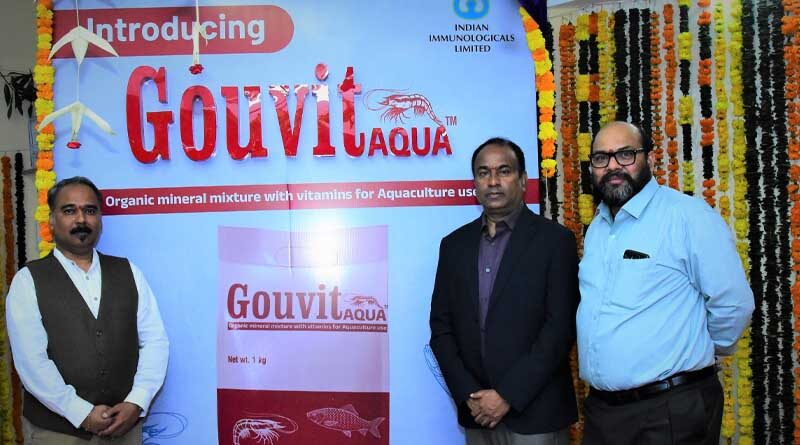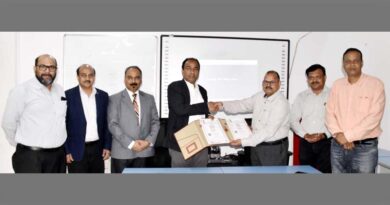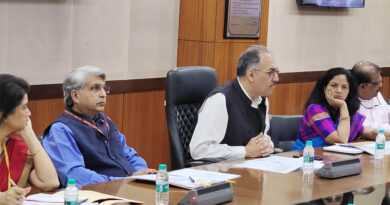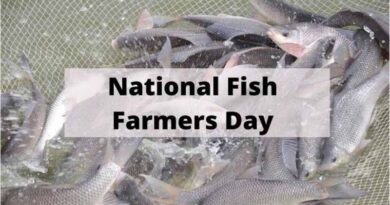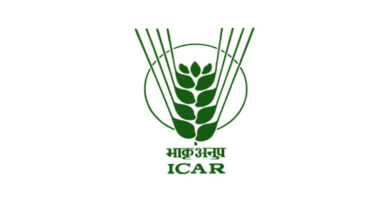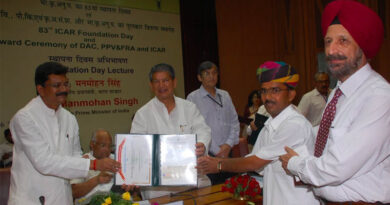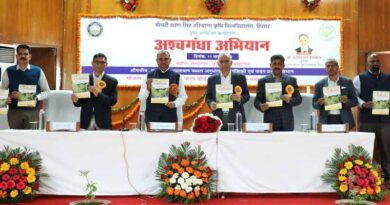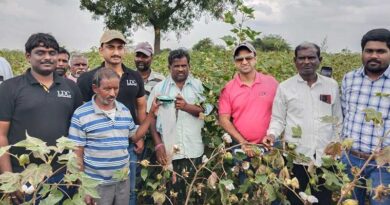Indian Immunologicals Limited (NDDB subsidiary) announces Its foray into Aquaculture health market
05 October 2022, India: Indian Immunologicals Ltd (IIL) – has forayed into Aquaculture Health Segment with the launch of its products to serve the growing need in farmed shrimp and fish in the country. IIL’s foray into aquaculture segment will be in multiple phases comprising of multiple products including vaccines. IIL as a one health company produces multiple types of vaccines for multiple species such as Human, cattle, ship and goats, pigs, and companion animals.
Aquaculture segment is comprised of fish and shrimp. Shrimp farming has been a huge success in India. The farmed shrimp industry is expected to grow by 11% against a global growth rate of 5.6%. India has established itself as the second largest farmed-shrimp producer in the world. India’s global market share in shrimp business is 14%. India’s annual shrimp production is around 600,000 metric ton that aggregates to more than $3 Billion with a CAGR of 32% since 2010.
India’s shrimp industry primarily includes two species, White leg Shrimp and Black Tiger Shrimp. Approximately 40% of shrimp is exported to the US followed by approximately 30% to Vietnam and nearly 15% to European Union. The export market strictly demands antibiotic free products.
Speaking at the launch function held at Hyderabad, Managing Director of IIL, Dr K Anand Kumar, “IIL is committed to introducing products including vaccines that will significantly reduce the usage of antibiotics in the aqua health industry”. Dr. Priyabrata Pattnaik, Deputy Managing Director of IIL added “IIL with its strong R&D team, has all the technological capabilities to manufacture vaccines for aqua health management”.
Total fish production in India in 2018 is estimated at 6.24 million metric tons (MMT). The growth in the fish farming sector mainly comes from the freshwater aquaculture sector. Though India holds the second position in the world for freshwater fish farmed production, freshwater fish farming in India is still based on traditional methods – large ponds, no water exchange, no draining, and no bottom sediment removal – that often lead to conditions that promote disease. Many fish farmers are tempted to use high dose of antibiotics to treat such disease, that ultimately leads to antimicrobial resistance (AMR). IIL as a one health company, through its foray into aquaculture health segment intend to play a role in minimizing use of antibiotics, ultimately protecting our environment and health.
(For Latest Agriculture News & Updates, follow Krishak Jagat on Google News)

